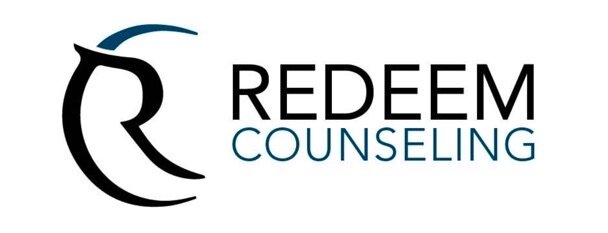The Games We Play Part 1: Escaping Our Family Roles
In my less-than-stellar parenting moments, I've caught myself telling my kids, "Can you guys please just act like normal human beings?" The truth is that's a pretty ridiculous ask, considering that weird is normal when it comes to family. As long as imperfect children are raised by imperfect parents, families will have dysfunction. It might be a little. It might be a lot. But we've all got it.
The inevitable consequence is that everyone grows up with at least a partially dysfunctional family system role. It's the crazy glue that helps to hold imperfect family systems together. Unsurprisingly, dysfunctional family norms and habituated roles, while often helpful for surviving childhood, tend to be problematic in our adult relationships. Fortunately, those habituated roles can be unlearned... but only if we recognize them first.
Family roles can be incredibly complex, often depending on the number of children in a family and how consistent family members were. In smaller families, it’s more common for children to take on multiple roles. The following are some of the more common dysfunctional family system roles. Do any of these seem familiar? Which do you identify with?
The Boss. Usually a parent, the Boss is the central figure around which the rest of the family revolves. The job of the Boss is to be the primary reference point from which the family develops a sense of direction and identity, even if it‘s unpredictable or harmful. This individual might be assertive, aggressive, passive aggressive, or even passive. However they present, everyone adapts to this person.
The Enabler. In a two-parent home, the Enabler is commonly the non-dominant parent. They inadvertently perpetuate dysfunctional family patterns by shielding partners or family members from the consequences of their actions. The enabler may excel at nurturing but struggle to protect themselves and others.
The Hero. Often the first-born, the Hero is the responsible achiever who performs well, takes care of siblings, or serves as a primary emotional support for a parent. Generally admired, the Hero's job is to achieve enough to "fix" or "protect' the family. Overly conscientious, they tend to follow the rules and eagerly seek approval while feeling inadequate, stressed, and guilty.
The Scapegoat. These are the blame-takers of the family. The Scapegoat serves as a type of release valve for the family's unresolved tensions. It's their job to act out and take attention off the real source of the family’s pain. Frequently in trouble, this person tends to be rebellious and defiant, sometimes using anger as an escape or a way to gain the attention they need. Generally viewed as the family "screw-up", the Scapegoat may have initially tried to compete with the hero (unsuccessfully), eventually giving up on trying to please the family. Feeling left out and rejected despite their tough, independent exterior, Scapegoats are vulnerable to early drug use and other risky or antisocial behaviors.
The Lost Child. The Lost Child is normally in the middle of the birth order. They feel somewhat invisible and see their job as staying out of the way and not being a burden. They may cope with pain through withdrawal, solitary activities, or fantasy. They tend to informally adopt other families where they experience something closer to the attentiveness they long for. Independent and self-reliant, the Lost Child is typically hard-working, overlooking their own feelings and potentially the feelings of others.
The Mascot. Usually the youngest in a family, Mascots draw attention away from the family’s distress through entertainment or humor. Their job is comic relief, playing on their cuteness and immaturity to redirect family tension. Mascots often feel insecure and pressured to always be entertaining or "on."
The Caretaker-Peacemaker. This person feels responsible for everyone else's emotional well-being. They are the family "workhorse", often assuming chores left undone and serving as a buffer between offenders and victims. They neglect their own self-care and emphasize their felt obligation to rescue others or help others get what they want. Caretaker-Peacemakers often struggle to identify their own needs and wants because they‘re too occupied with caring for others.
The Victim. This is the individual who always seems to be in need and never able to fully care for themselves. Their job is to be helpless so caretakers can feel needed. Some parents will treat them as though they are sick, injured, or incapable in some way. Victims may appear manipulative and often have a paradoxical effect on family members, eliciting pity from some and resentment from others.
The Prosecutor or Critic. This person commonly serves as the familiar critical voice of a parent's parent. Negative and faultfinding, the Critic often may use sarcasm or cruel teasing to gain a sense of control and safety in the family.
The Ideal "Surrogate Me." This is a role that can emerge when a parent attempts to live their unrealized dreams and desires through their child. Their job is to make the parent look and feel like the person they wish they were. If the child pursues their own independent identity, a parent’s pride and favoritism can quickly turn to jealousy and competitive resentment.
The Hated “Surrogate Me." This role emerges when a parent projects their own self-hatred onto one of their children and punishes them for it. It's a subconscious way for the parent to externalize and distance themselves from the hated part of themselves.

